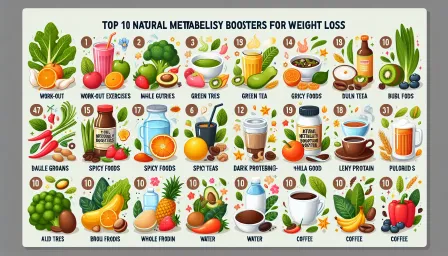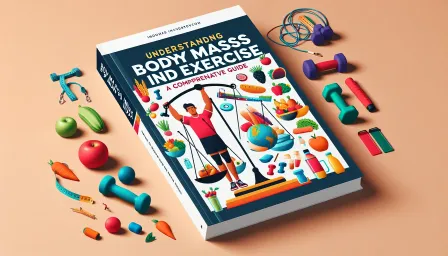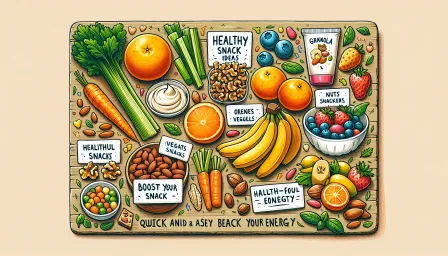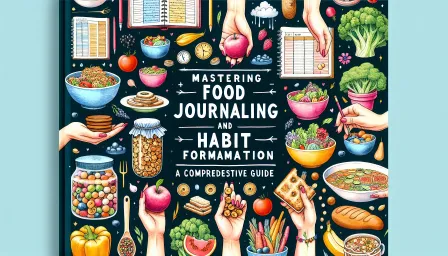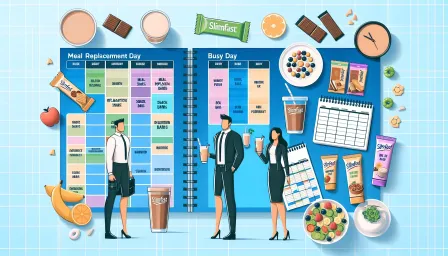Master Portion Control for Healthy Eating: 10 Tips to Get Started
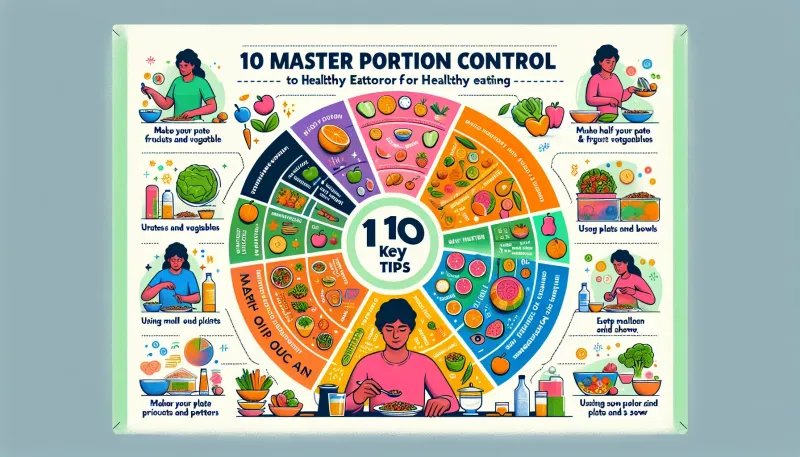
Learn how to master portion control for healthy eating with these 10 expert tips. Improve your eating habits and achieve your health goals today.
Maintaining a healthy diet can be challenging, especially when we are constantly faced with large portions and seemingly endless food choices. However, mastering portion control for healthy eating is an essential skill to achieve and maintain a balanced diet. In this article, we will explore ten practical tips to help you get started on your journey towards healthier eating habits.
What is Portion Control?
Portion control involves regulating the amount of food you consume in a single sitting. By paying attention to portion sizes, you can avoid overeating and ensure you are eating the recommended amounts of different food groups. Portion control is key to managing calorie intake and achieving a balanced diet.
Why Is Portion Control Important for Healthy Eating?
Portion control can significantly impact your overall health. It helps in weight management, reducing the risk of chronic diseases such as diabetes, heart disease, and obesity. By controlling portions, you can also ensure you are getting a variety of nutrients from different food sources, promoting balanced and nutritious eating.
10 Tips to Master Portion Control for Healthy Eating
1. Understand Serving Sizes
One of the first steps to mastering portion control is understanding the difference between portion sizes and serving sizes. A serving size is a standardized amount of food, while a portion size is the amount of food you choose to eat. Familiarize yourself with standard serving sizes for different food groups to better gauge your portions.
2. Use Smaller Plates and Bowls
Using smaller plates and bowls can help you naturally reduce the amount of food you consume. Smaller dishes make portions appear larger, tricking your brain into feeling satisfied with less food.
3. Measure Your Food
Investing in kitchen tools such as measuring cups, spoons, and a food scale can help you accurately measure your portions. This practice can be particularly useful when dealing with calorie-dense foods like nuts, oils, and grains.
4. Practice Mindful Eating
Mindful eating involves paying full attention to the eating experience. Slow down, chew your food thoroughly, and savor each bite. This can help you recognize when you are truly full, preventing overeating.
5. Plan Your Meals
Planning your meals in advance ensures you have balanced portions prepared. It also helps reduce the temptation to overeat or choose unhealthy snacks. Consider meal prepping for the week to stay on track.
6. Avoid Eating Directly from Packaging
Eating directly from large packages can lead to mindless overeating. Instead, portion out your snacks into a bowl or plate to keep track of how much you are consuming.
7. Drink Water Before Meals
Drinking a glass of water before meals can help reduce hunger and prevent overeating. Sometimes thirst can be mistaken for hunger, so staying hydrated is important for managing your appetite.
8. Include a Variety of Foods
A balanced diet includes a variety of foods from all food groups. Incorporate fruits, vegetables, proteins, grains, and dairy in your meals to ensure you are getting the necessary nutrients without overloading on any one type of food.
9. Control Portion Sizes When Eating Out
Restaurant portions can be significantly larger than what you need. Consider sharing a meal, asking for a half-portion, or packing half of your meal to go. This can help you enjoy dining out without overindulging.
10. Listen to Your Body
Pay attention to your body’s hunger and fullness cues. Eat when you are hungry and stop when you are satisfied, not stuffed. Learning to listen to your body can help you eat more intuitively and maintain better portion control.
Conclusion
Mastering portion control for healthy eating may take time and practice, but the benefits are well worth the effort. By understanding serving sizes, using smaller dishes, practicing mindful eating, and planning your meals, you can take control of your eating habits and improve your overall health. Start implementing these tips today and take the first step towards a healthier you.





